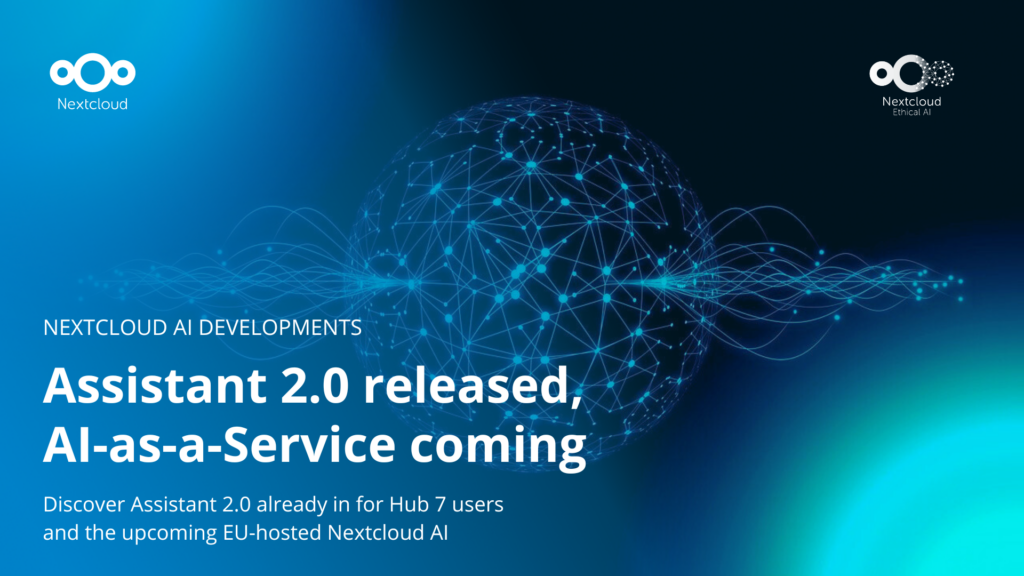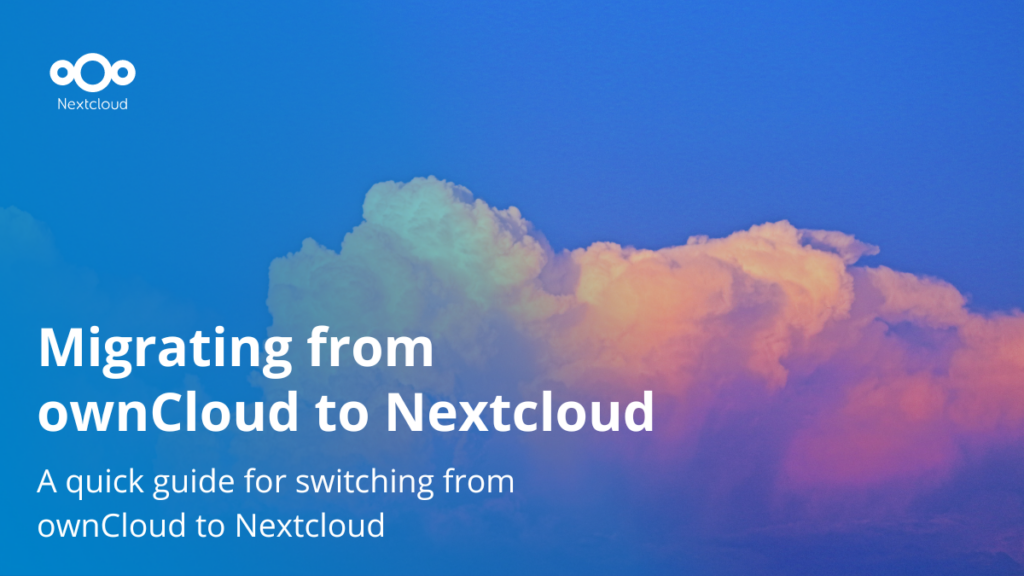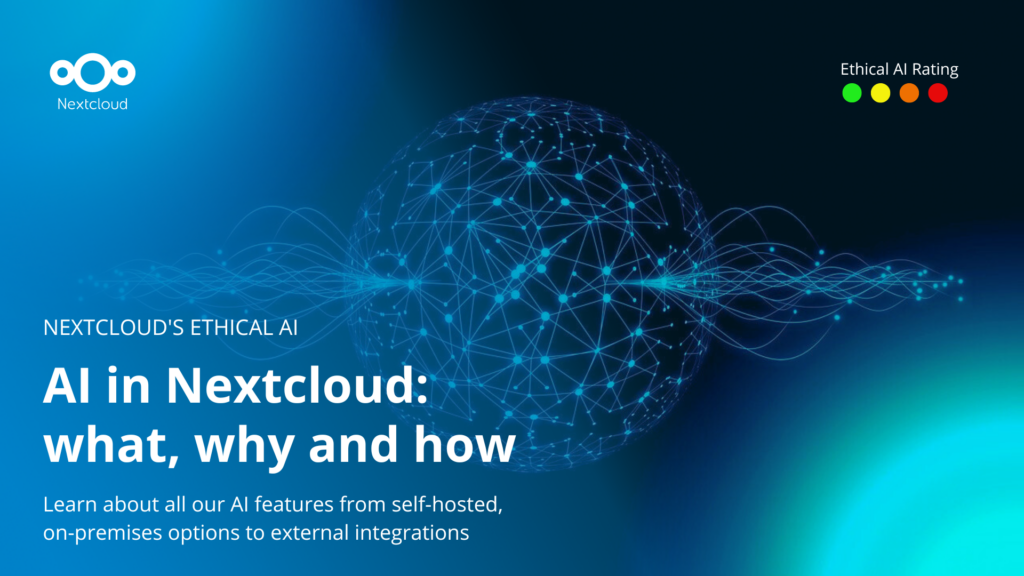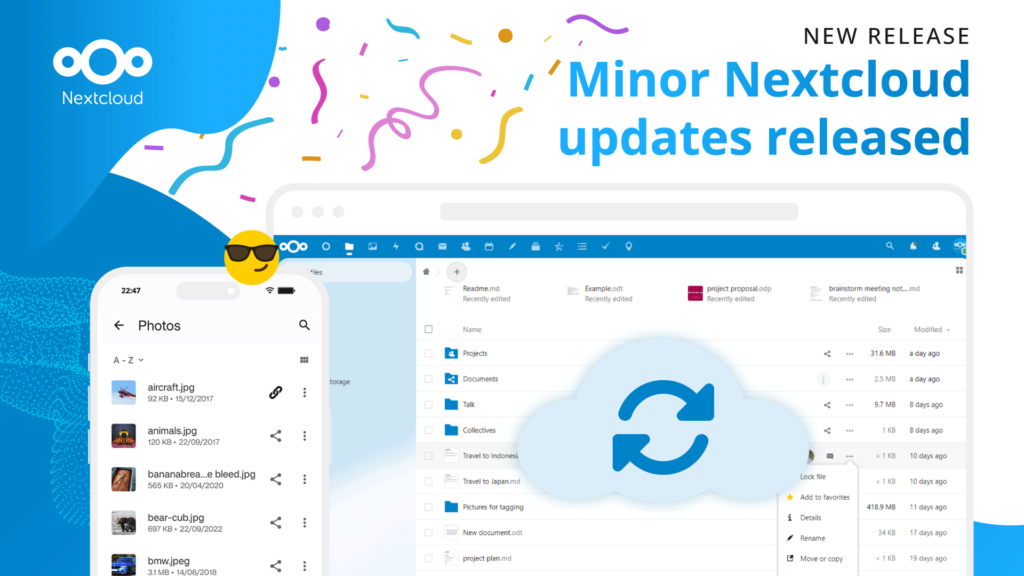Donald Trump’s return to the White House has reignited debates about the balance of power in the tech industry. With legislations like the CLOUD Act and ongoing discussions around data sovereignty, open source faces significant challenges. These dynamics highlight the difficulty of navigating a world where global collaboration increasingly intersects with regional priorities.
Lessons from the past
Trump’s first term was marked by significant shifts in technology policy, reshaping how governments and organizations approach global collaboration. The CLOUD Act of 2018 exposed a critical vulnerability for those relying on U.S.-based technology providers: data stored outside the United States could potentially be accessed by American authorities. This sparked discussions about data sovereignty, particularly in Europe, where reliance on Big Tech has often clashed with GDPR’s stringent data protection standards.
As a result, open source gained traction as a strategic alternative. With transparent codebases and self-hosting capabilities, it enabled organizations to retain control over their infrastructure. However, the broader context reveals the fragility of these gains: while open source promises independence, its reliance on global collaboration makes it vulnerable to changes in external conditions.
Meanwhile, regulatory initiatives such as the EU’s Digital Markets Act (DMA) and Digital Services Act (DSA) have positioned Europe as a leader in setting global standards for fair competition and accountability. These efforts reinforce the importance of frameworks that support open source as a viable alternative to proprietary solutions.
What could change for open source?
The return of Trump raises questions about how global technology policies might evolve and what this could mean for the open source ecosystem. Several key factors could shape its future trajectory:
Data sovereignty as a driver for open source
The CLOUD Act remains a focal point in discussions about data sovereignty. Its provisions continue to pressure organizations to seek solutions that protect sensitive data from external jurisdictions. Open source, with its potential for localized deployment and transparent operations, remains a compelling choice for businesses and governments prioritizing control and compliance.
Regulation and the future of competition
While open source thrives on flexibility, it requires a fair regulatory framework to compete effectively with proprietary giants. Without such frameworks, large corporations may leverage their financial and infrastructural advantages to dominate markets, potentially stifling smaller initiatives. Strong enforcement of licensing norms and fair competition rules is essential to preserve the collaborative and ethical foundations of the open source ecosystem.
Global collaboration as a strength
Open source depends on international cooperation, shared standards, and community-driven innovation. Maintaining this spirit of collaboration is crucial to ensuring its sustainability and growth. By leveraging its global community, the open source ecosystem can continue to address complex challenges and remain resilient in an evolving technology landscape.
Looking ahead
Open source stands at a pivotal moment. The growing demand for transparent, self-hosted solutions highlights its relevance, but sustained progress requires robust support, strategic alignment, and advocacy for fair competition.
To thrive, the open source community must double down on its core values: collaboration, transparency, and adaptability. Strong regulatory frameworks that ensure fair competition and prevent monopolistic practices are critical for its continued success. Europe, with its leadership in digital governance, plays an essential role in fostering open source adoption and setting global standards.
As the tech landscape evolves, open source is more than just an alternative to proprietary software – it is a foundation for a fair, secure, and inclusive digital future.









